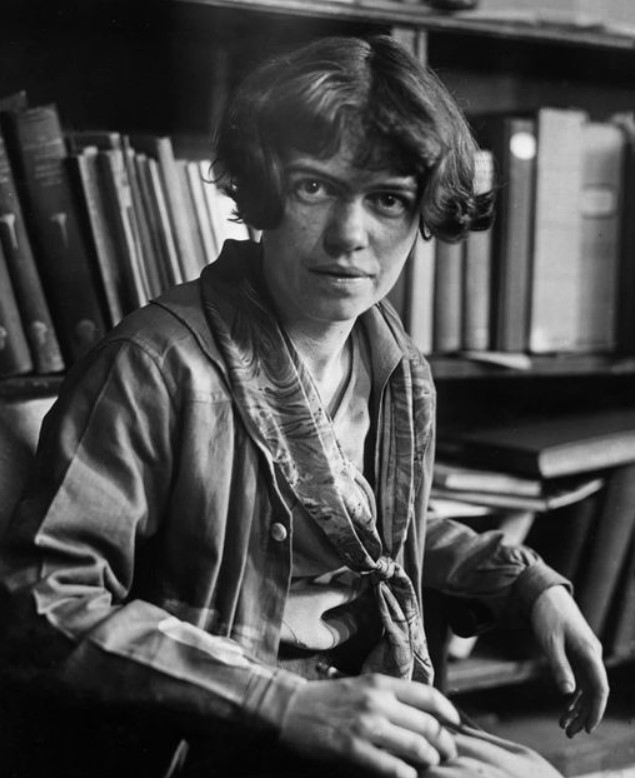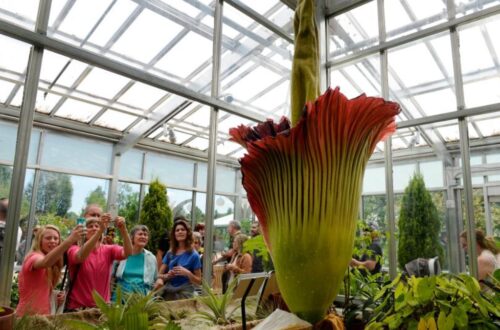“Years ago, anthropologist Margaret Mead was asked by a student what she considered to be the first sign of civilization in a culture. The student expected Mead to talk about fishhooks or clay pots or grinding stones.
But no. Mead said that the first sign of civilization in an ancient culture was a femur (thighbone) that had been broken and then healed. Mead explained that in the animal kingdom, if you break your leg, you die. You cannot run from danger, get to the river for a drink or hunt for food. You are meat for prowling beasts. No animal survives a broken leg long enough for the bone to heal.
A broken femur that has healed is evidence that someone has taken time to stay with the one who fell, has bound up the wound, has carried the person to safety and has tended the person through recovery. Helping someone else through difficulty is where civilization starts, Mead said.”
We are at our best when we serve others. Be civilized.
(1901–78). With the publication in 1928 of her first book, Coming of Age in Samoa, Margaret Mead began to establish her reputation as one of the foremost anthropologists of the 20th century. She was also a popular and controversial speaker on such contemporary social issues as women’s rights, child rearing, drug abuse, population control, and world hunger. As an anthropologist, Mead published extensively on peoples of the South Pacific.
Mead was born on December 16, 1901, in Philadelphia, Pennsylvania. She received her master’s degree in psychology from Barnard College in 1924 and earned her doctorate at Columbia University under anthropologist Franz Boas. While at Columbia she made the first of several trips to the South Pacific in 1925–26. She became assistant curator of ethnology at the American Museum of Natural History in New York in 1926 and remained with the museum until 1969, the last five years as curator. From 1954 until retirement she taught anthropology at Columbia and chaired the social sciences division of Fordham University (1968–71). She died in New York City on November 15, 1978. The following year she was posthumously awarded the Presidential Medal of Freedom.
Coming of Age has remained in print since its first publication. Among Mead’s other books are Growing Up in New Guinea (1930) and Sex and Temperament in Three Primitive Societies (1935). She analyzed American cultural standards in And Keep Your Powder Dry in 1942.
One of her most significant later publications was Male and Female (1949). Her autobiography, Blackberry Winter, was published in 1972.






